Paul Ryan Makes Strange Prediction
Former House Speaker Paul Ryan is warning of legal trouble ahead for President Trump’s bold America First tariff policy—just as economic indicators show the strategy may be working.
Trump’s Emergency Tariff Powers Face Legal Challenge
Paul Ryan, the former Republican House Speaker who clashed with Trump during his presidency, is now predicting that the Supreme Court could block the legal foundation behind Trump’s newest round of reciprocal tariffs.
Ryan pointed to the International Emergency Economic Powers Act (IEEPA)—a decades-old law Trump invoked to impose tariffs on countries that take unfair advantage of the U.S. economy. But because the word “tariff” doesn’t explicitly appear in the law, Ryan believes it could be overturned.
“The Supreme Court is likely to strike it down,” Ryan told CNBC. “Then President Trump will need to rely on other trade laws like Section 232, 201, or 301, which are harder to navigate.”
But to many conservatives, Ryan’s warning sounds more like an echo of the globalist status quo that helped offshore millions of American jobs during his time in leadership.
Markets May Be Misreading Trump’s Long-Term Trade Vision
Ryan warned that the financial markets are assuming Trump’s tariff plan will stabilize. But he disagrees:
“Markets are pricing in predictability. That’s not what this is.”
Still, for conservative investors and retirees, the stock market has continued to thrive under Trump’s leadership—even amid tariff headlines. What Ryan calls “uncertainty,” others view as a strategic reset to restore U.S. manufacturing strength.
Critics Say Tariffs Are Arbitrary—Supporters Say They’re Long Overdue
Ryan also claimed some tariffs appear to be based on the President’s “whims”—citing a 50% tariff on Brazilian imports despite a trade surplus.
But Trump supporters argue that targeted tariffs are necessary to protect America’s economy from countries that exploit weak trade deals. The old rules allowed foreign nations to flood U.S. markets while American workers suffered. Trump’s tariffs are changing that game.
Federal Courts Question Trump’s Trade Authority
Federal judges on the U.S. Court of Appeals have expressed skepticism about using IEEPA for tariffs. One judge remarked:
“It’s hard to believe Congress gave the president authority to rewrite the entire U.S. tariff schedule.”
But President Trump has proven time and again that when the establishment says something “can’t be done,” he does it—and wins.
Is the U.S. Economy Slowing—Or Rebalancing for Strength?
While some point to a modest slowdown in job growth—just 73,000 jobs added in July—others see a larger story unfolding. Consumer prices rose slightly, but wages are also rising, and immigration restrictions may be tightening the labor market in favor of American workers.
Former Fed economist Claudia Sahm noted that Trump’s immigration crackdown could be reducing worker supply, naturally leading to higher wages and less economic slack.
In other words: less cheap foreign labor = more value for American workers.
America First Trade Policies Are Delivering Results
President Trump’s tariff push is about more than just economics—it’s about reclaiming American sovereignty, restoring Made in USA manufacturing, and putting our workers first.
While establishment Republicans like Paul Ryan continue to grumble from the sidelines, Trump is doing what Washington insiders never dared: putting America ahead of China, Brazil, and other trade manipulators.
✅ Key Takeaways for American Conservatives
- Trump’s tariffs are under legal review but remain wildly popular with working-class voters.
- Paul Ryan’s criticism reflects establishment resistance to America First trade policy.
- Despite temporary cost increases, reshoring jobs and industries will strengthen the U.S. economy long-term.
- Trump is using every tool available to defend American jobs and factories—even if the courts push back.
- Investors, retirees, and working Americans should prepare for long-term growth, not short-term noise.

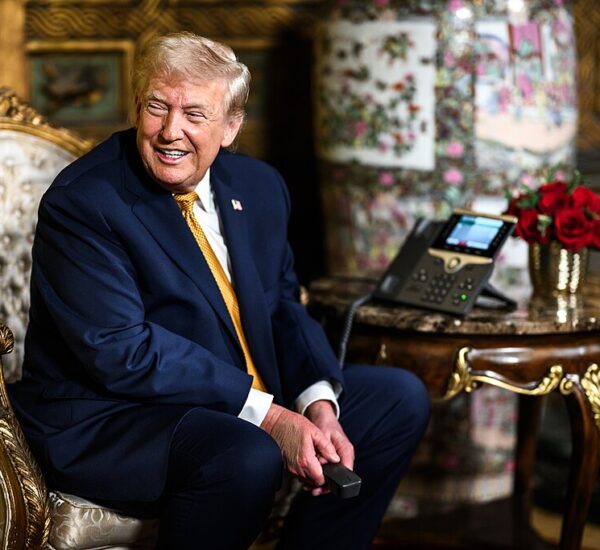

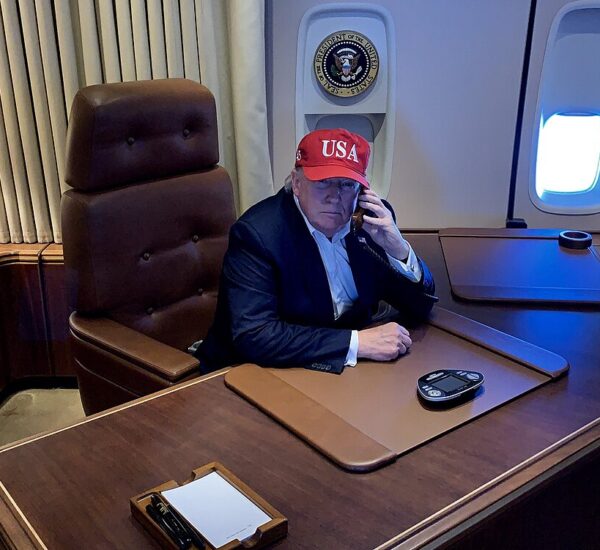
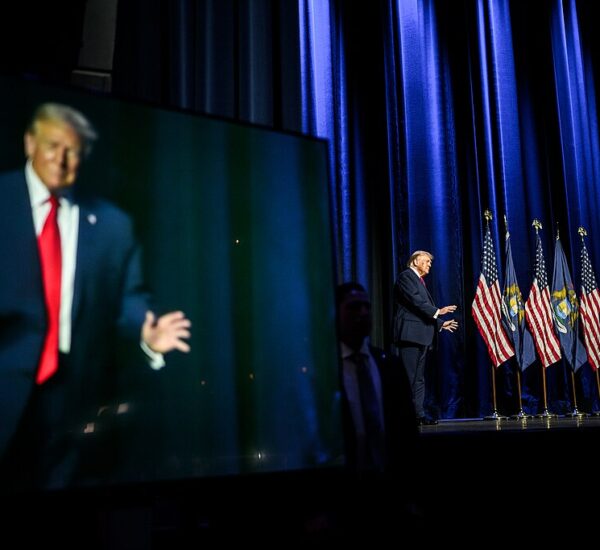
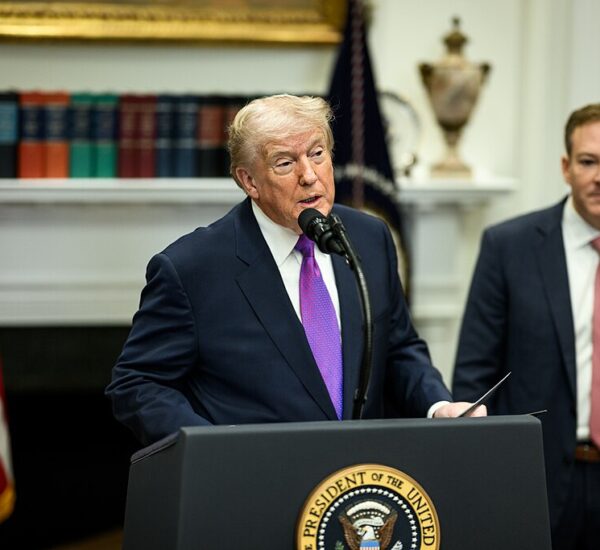
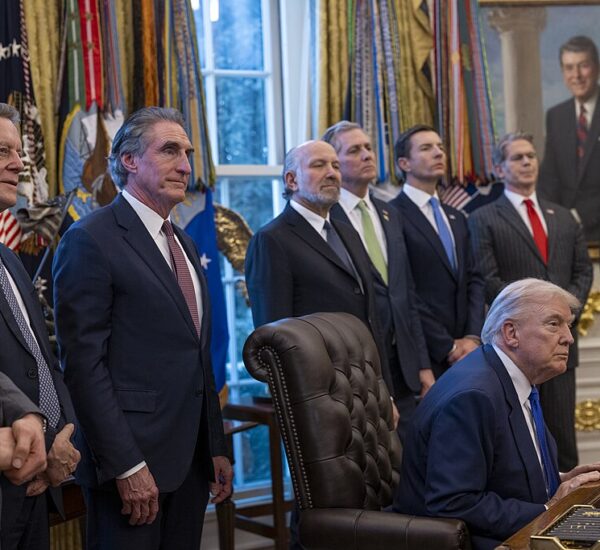
“Trump Accuses Schumer of ‘Extortion’, You Believe Him?”
of course i do! schumer, like most dem leaders is a serious criminal, so i wouldn’t put something like “extortion” past him!